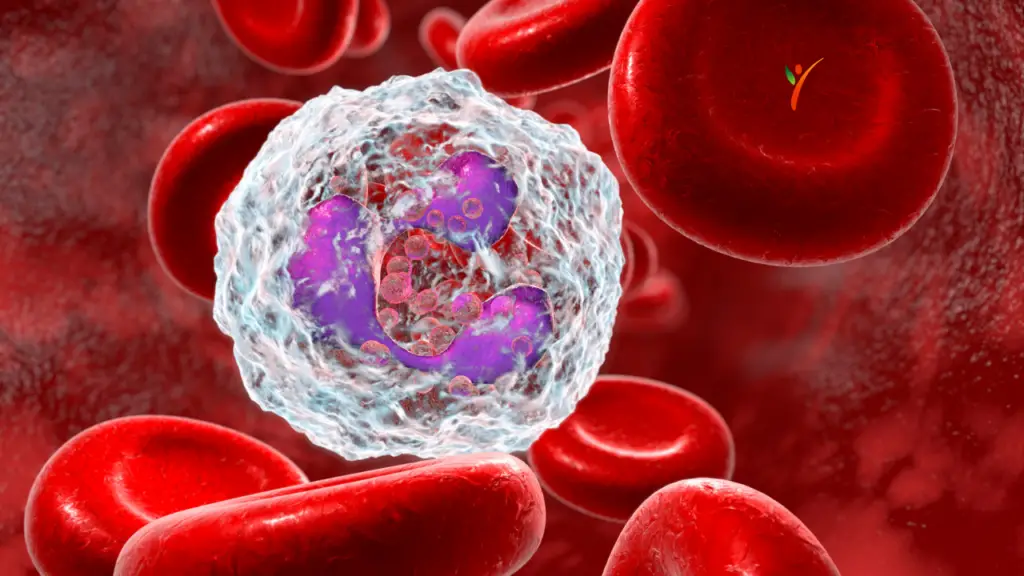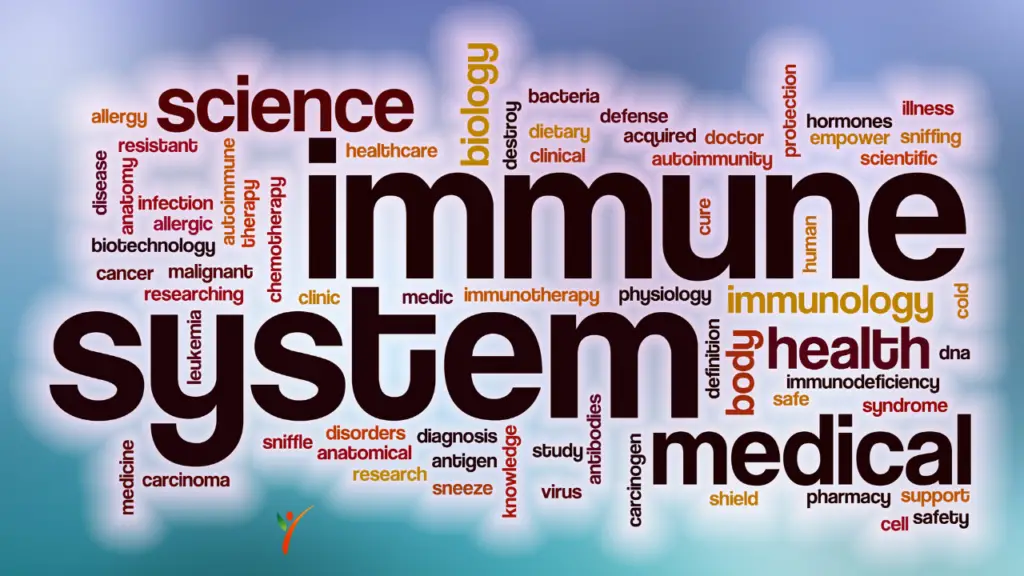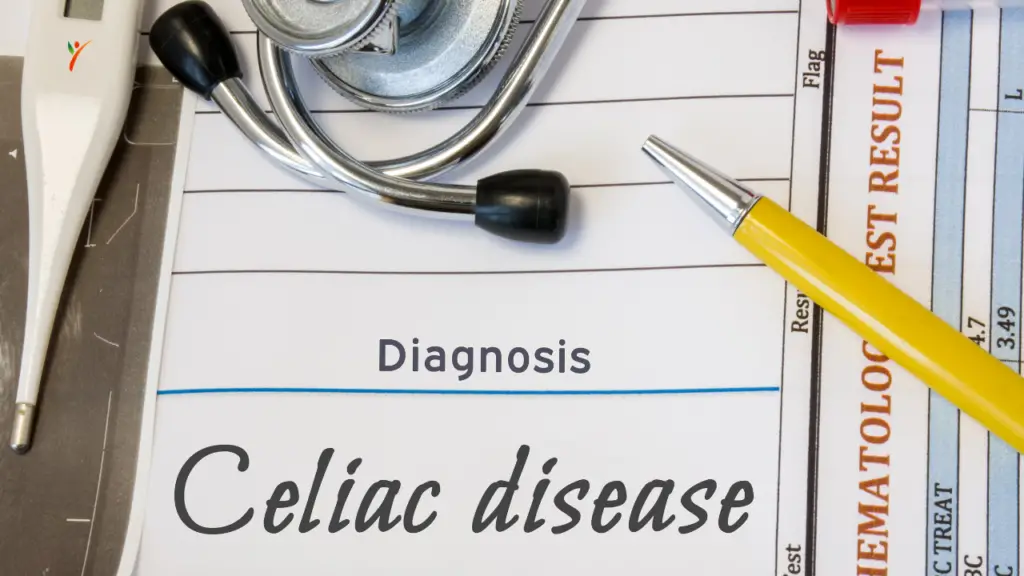Celiac disease brings a wide range of complications to your health. And, as much as you may think, the problems don't just end at digestive symptoms. Celiac disease, and sometimes gluten-sensitivity, have drastic impacts on your entire body.
While celiac causes turmoil for your gut and intestines, do these effects slither towards disrupting the body's internal immune system? And if yes, how do you protect yourself alongside keeping your body healthy and happy?
The Immune System At a Glance

We know that the immune system in a human body is a complex network of various cells, organs, and proteins, the combination of which is responsible for fighting against toxic substances and germs. Not only does it protect the body from foreign invaders that enter it, but also harmful substances produced within the body.
Consider the example of cancer. A strengthened immune system can stop or slow down cancer spread to other parts of the body. Meanwhile, a weaker immune system cannot fight against cancer cells.
Now, once foreign particles that are harmful to the body enter the system, they're registered as antigens by the immune system. Once the immune cells recognize these antigens, they produce antibodies to fight against the pathogen.
Therefore, it's harder to recover quickly from a disease the first time around since the body has not encountered it before and does not have antibodies against that particular disease. After the immune system produces antibodies against the antigen, they can progress much faster the next time.
How Does the Immune System Respond to Celiac?

The trouble starts when celiac patients ingest any form of gluten, whether they're outright open sources such as bread and pasta or hidden sources such as processed foods. Celiac disease identifies gluten as a harmful pathogen and initiates antibodies against gluten particles.
Tissue Transglutaminase (tTG) enzyme performs the breaking down of gluten particles. The complication lies in the abnormality of a celiac's immune system; when the antibodies attack the gluten particles, they also attack the tTG enzyme.
Celiac is an autoimmune disease, meaning the body's immune system cannot differentiate between foreign particles and the body's cells, enzymes, and organs. In a healthy immune system, the body digests gluten and does not react against the gluten particles or tTG. The tTG enzyme also regulates the intestines. More antibodies against tTG mean increased damage to a celiac patient's internal organs.
You can say that the entrance of gluten particles in a celiac patient triggers a series of events that eventually lead to intestinal damage. Antibodies attack the villi located on the surface of the small intestine.
Villi are needle-like projections with an increased surface area that form the intestinal lining and absorb food nutrients. When the immune system damages villi, it automatically breaks apart the intestinal walls. Therefore, celiac patients often suffer from malnutrition due to the decreased absorption of nutrients from the intestines.
Celiac & Weak Immune System?

It's not uncommon to assume that celiac patients don't have a weak immune system since their immune system is ‘more responsive' than a normal one. Autoimmune diseases, including celiac, cater to an extremely responsive or over-reactive immune network that immediately attacks the host particles at well.
Consequently, this means that the immune system is responsive and working effectively. However, the longer your celiac remains untreated, the more damage your intestines will have to go through.
When the intestinal damage reaches the point where no amount of food can provide the required nutritional intake, malnutrition takes over. Malnutrition is when the healthiest immune system is compromised since the body doesn't get adequate essential nutrients regularly.
One of the primary causes of weak immune systems is malnutrition. In other words, persistency in consuming gluten when suffering from celiac can result in a lack of nutritious intake, progressing towards a weak immune system.
Signs of a Weak Immune System
Besides the array of digestive symptoms brought by celiac, a weak immune system can disturb the body's routine functions. The probability of an immunocompromised system is relatively high in celiac patients. Therefore, there are a few signs you must look out for that indicate that your immune system is in trouble.
You're Tired All the Time–

Having the feeling of being tired all day every day, even though you haven't performed any strenuous tasks, can be a sign of a weak immune system. The body's little energy gets from minimum nutritional absorption gets saved up for fighting against pathogens. The process leaves no nutrition behind to boost the body's energy levels. Ultimately, you won't be able to get through the day without the need to crash in your bed.
You're Sick Often-

The primary indication of a weak immune system is repetitive sickness. For example, a healthy human body can encounter the flu 2-3 times per year. Any more than that, it means your immune system cannot fight off germs successfully. Similar is the case with infections and viruses, too many means your immune system is barely hanging by a thread.
Digestive Problems-

Digestive issues are among the most common celiac symptoms, but they're also a warning of a below-average functioning immune system. An approximated 70% of patients with weak immune systems are diagnosed with digestive problems. Yet, the disaster begins in the digestive system, which then proceeds to long-term impacts on the immune system.
What Can You Do?
When you are trying to get your immune system back on track, you'll have to overcome celiac disease so that your body is well-nourished. Though, celiac has no permanent treatment that can make the disease vanish from your body.
Nonetheless, you have to live with this disease without letting it wreak havoc in day-to-day activities. If the damage to your intestines is extensive, you'll have to immediately enact a healthy routine.
A few things you can do to reverse the celiac damage and get your immune system moving in the right direction:
Gluten-Free Balanced Diet:

As soon as you kick gluten out of your diet, your body will start healing on its own. Gluten is why your intestines do not absorb enough nutrients leaving your immune system weakened. So, when you eliminate gluten from the diet, the intestines will gradually start healing and absorbing nutrients once again.
However, since you can't have wheat products, you'll need to ensure your diet is balanced with all the daily nutritional requirements fulfilled. A healthy balanced diet is the first and foremost step to refortifying immunity.
Exercise:

Research shows that individuals who exercise regularly have a more strengthened immune system than those who don't. Physical activity allows increased blood circulation throughout the body. Enhanced blood flow makes the antibodies travel and perform their respective functions more effectively. Schedule a 30-minute exercise in your daily routine.
Drink Water:

Every single part of your body requires water, even the immune system cells. A specific immune system cell, the lymph, has a significant portion of water in its structural system. Due to dehydration, immune system cells cannot be as functional. Therefore, drink eight glasses of water each day to help the immune system run smoothly.
Sleep Well:

Many of us cut down on our sleeping time to get more work done. On the flip side, when you're sound asleep, it's the time when your body recovers its energy and reproduces cells. Lack of sleep can cause a deprivation in the reproduction of immune cells. As a result, this causes a deficiency in the immune system's functionality.
Final Thoughts
Celiac disease shouldn't mean living with an ineffective immune system, as long as you're taking care of your diet and health.
Don't let yourself fall prey to a miserable life when you can easily manage your celiac or gluten-intolerance with a healthy diet and lifestyle.






3 thoughts on “Does Celiac Weaken Your Immune System?”
Comments are closed.